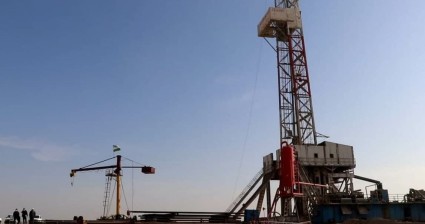The U.S. Agency for International Development (USAID) and the European Bank for Reconstruction and Development (EBRD) have embarked on joint work to increase cooperation in renewable energy, energy efficiency, energy storage, and other areas to support accelerated decarbonization of the electricity sectors in Central Asian countries.
Today, USAID and EBRD strengthened their partnership to combat climate change by signing a Memorandum of Understanding (MOU) to increase cooperation on decarbonization initiatives in Central Asia. USAID’s Deputy Assistant Administrator for Asia, Änjali Kaur, and EBRD’s Managing Director for Central Asia, Zsuzsanna Hargitai, signed the MOU at a ceremony hosted by Rector Sagintayeva Saule at the Almaty University of Power Engineering and Telecommunications (AUPET), a long-standing local partner, who USAID is engaging to improve renewable energy curricula and technical expertise throughout Central Asia.
In her opening remarks, Kaur stated, “The United States and Central Asian countries share a common vision to tackle one of the biggest challenges of our era—the global climate crisis. With electricity production accounting for just over 40 percent of energy sector CO2 emissions globally, any efforts to mitigate the effects of climate change must include modernization of electricity systems. We are thrilled to sign this MOU today with EBRD to solidify our joint efforts to achieve a low carbon future in Central Asia.”
Through its work on clean energy, USAID is partnering with Central Asian governments and universities to expand the use of modern energy technologies in ways that increase energy access to all communities and leverage private sector investment in renewable energy to improve the lives of citizens in the region.












